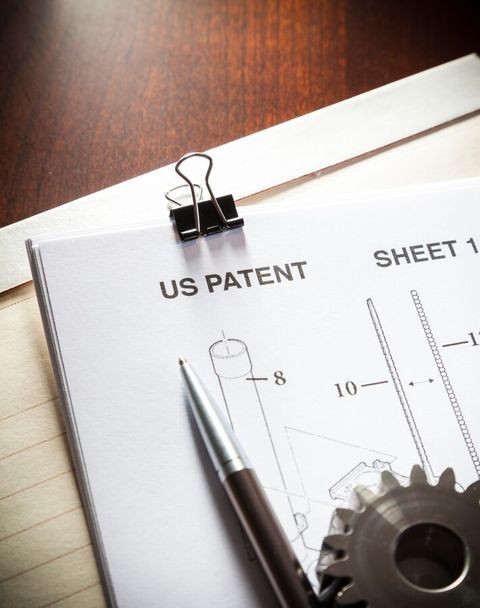Douglas M. Crockatt
Overview
Douglas (Doug) Crockatt is an associate in the Intellectual Property Group in the firm's New York office, focusing on patent law. As a registered patent attorney with over a decade of experience drafting and prosecuting patent applications before the U.S. Patent and Trademark Office and advising clients as both in-house and outside counsel, Doug has a proven track record in advancing innovation by securing IP protection of clients' inventions.
Career & Education
- IBM Corporation
Intellectual Property Attorney, 2021–2024
Patent Professional Intern, 2014–2019
- IBM Corporation
- Dartmouth College, A.B., 2015
- Dartmouth College, B.E., 2016
- Fordham University School of Law, J.D., 2019
- New York
- District of Columbia
- Supreme Court of the United States
- U.S. Court of Appeals for the Federal Circuit
- U.S. District Court for the Southern District of New York
- U.S. District Court for the Eastern District of New York
- U.S. Patent and Trademark Office (USPTO)
Douglas's Insights
Client Alert | 5 min read | 09.16.25
Bucking the Odds: Why Technology Companies Should Embrace Software Patents Today
Although the Supreme Court’s 2014 decision in Alice v. CLS Bank and its progeny affected the issuance and enforcement of software patents and led to a major shift in U.S. patent policy, software patents still have value today and such protection therefore should be pursued.
Client Alert | 3 min read | 06.26.25
Client Alert | 2 min read | 06.12.25
Insights
Douglas's Insights
Client Alert | 5 min read | 09.16.25
Bucking the Odds: Why Technology Companies Should Embrace Software Patents Today
Although the Supreme Court’s 2014 decision in Alice v. CLS Bank and its progeny affected the issuance and enforcement of software patents and led to a major shift in U.S. patent policy, software patents still have value today and such protection therefore should be pursued.
Client Alert | 3 min read | 06.26.25
Client Alert | 2 min read | 06.12.25





